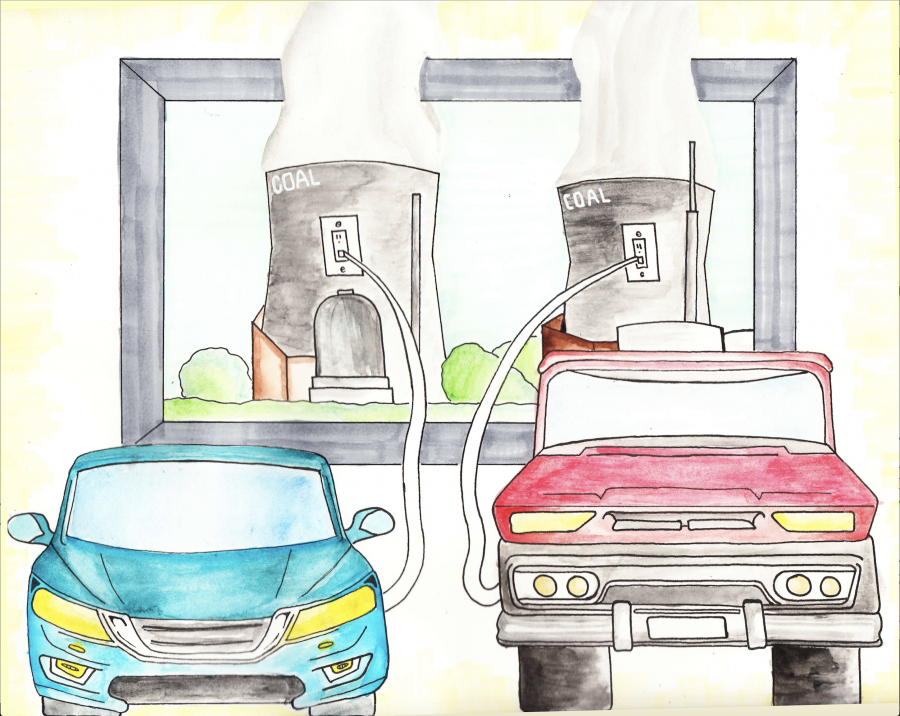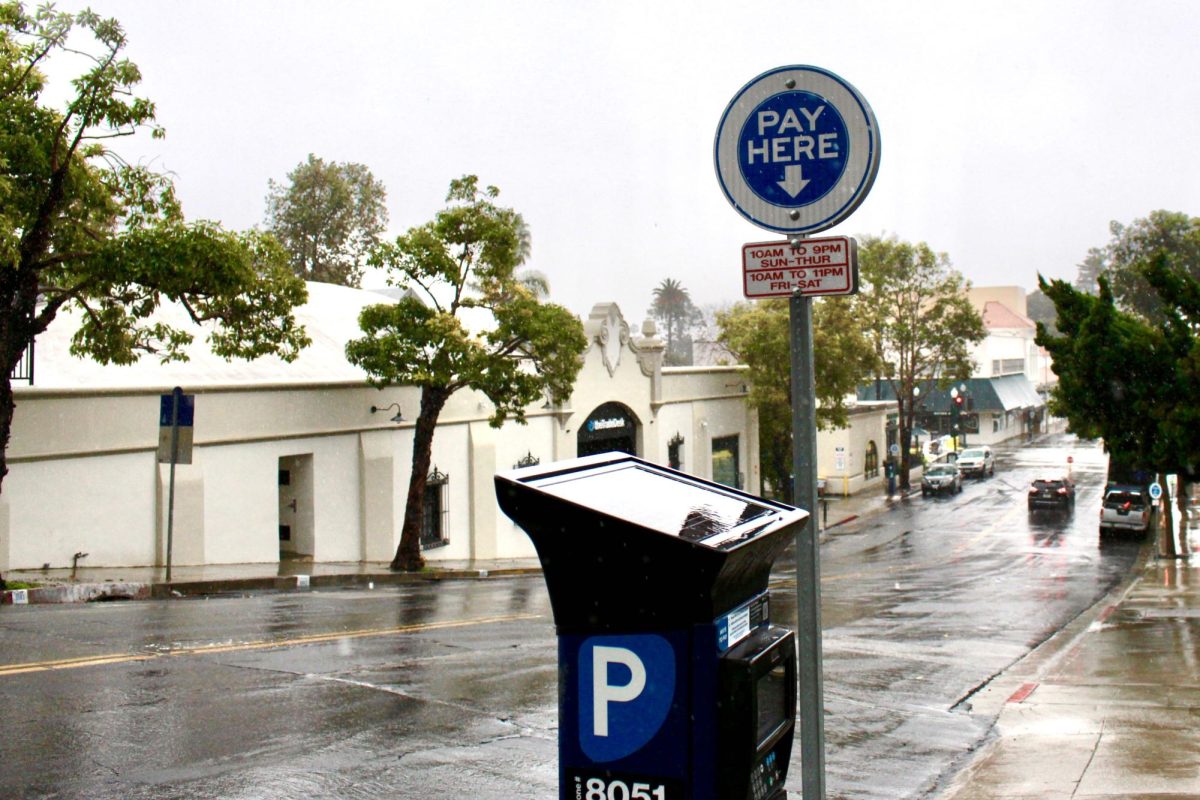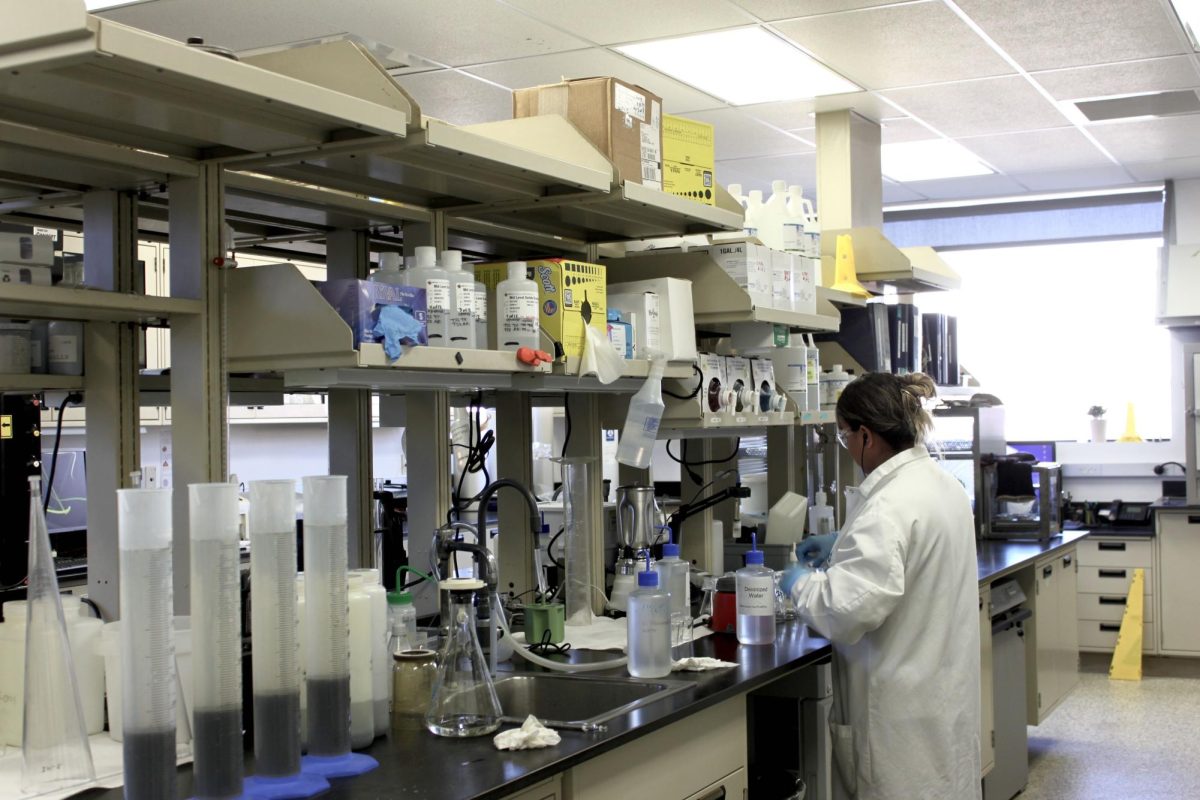Most of us go about our day fulfilling small tasks aimed to better the well-being of our volatile environment. All of these minor but seemingly meaningful actions appear to culminate in so much change, but realistically do very little to none at all for the environment. In effect, all they do is ease our empathetic conscious.
Electric cars, for example, are held in the highest esteem by eco-conscious consumers because they are the epitome of “green” and the future of our emission-less transportation market. However, electric cars are merely a facade for a deeply interconnected web of fossil fuel derived energy.
If you have an electric car where are you going to plug it in? Your house? But where is your house plugged into?
The origin of consumers’ electricity is little thought of due to electricity being portrayed as an emission-less and eco-friendly solution to fossil fuels. However, these same fossil fuels are being burned to produce this electricity that you are using to charge your electric car. Thirty percent of all electrical energy production in the United States uses carbon dioxide emitting coal, and another 33 percent is derived from natural gas.
The average gasoline consuming car gets 23.6 miles per gallon (mpg) which equates to .8474 lbs of carbon dioxide being expelled into the air. In contrast to that the average electric car that travels almost three miles per kiloWatt hour (kWh) releases zero emissions, in a perfect world. Unfortunately, this isn’t a perfect world and neither is our energy production system. When calculating the emissions for an electric car you must take into account the fossil fuel source of the electricity, and when doing so electric cars inevitably release .526 lbs of carbon dioxide into our atmosphere.
All of this doesn’t even take into account the astronomical emissions manufacturing and shipping produces.
To put it simply, we’re being tricked. Electric cars paint the illusion of the desired low carbon footprint, but in reality people are simply shifting their fossil fuel dependence from one source to another.
Typically this would be the point where I share with you what we can do to correct this fallacy and generally combat climate change. After all this negative commentary it would be nice to hear something positive to supplement it with. But there is nothing nice about climate change, therefore there is nothing nice to say to the contrary. If something as positively viewed as electric cars can have such a downside, there isn’t much hope for the rest of our systems of living.
The consumeristic society that we live and thrive in has an immense foundation in greenhouse producing processes. We live in an inescapable web of emissions. Even if the prior mentioned electric cars were powered by clean energy, the mining of the materials, the production of the car, the transportation of the car, and the inevitable decomposition of its battery all release carbon dioxide in the atmosphere and harm the environment in a multitude of heinous ways.
Even solar panels can’t escape the ever-growing web. The same functions of pollution that applied to electric cars are applicable to solar panels. Manufacturing, transportation and the eventual decay of the panels all harm the environment.
There is no escaping the infamous carbon dioxide, no matter where you turn to for solutions. The only hope of escape lies in the future, but requires immense societal changes. So, the question you ask yourself when contemplating your environmental impact and carbon footprint isn’t as simple as good or bad—it will never be—it is a decision to be made by choosing the lesser of two evils.
Although electric cars do contribute to our carbon dioxide emissions, they are still a better option than gas consuming cars. But the issue of the correlation between carbon emissions and our society as a whole is systemic and no one person or solution can resolve it.
When it comes to our Earth and its affairs its hard to find good news anywhere, but you certainly should not be turning to the environment and climate change for some. The steps we all take to combat various environmental issues such as climate change and pollution are predominantly stagnant in creating meaningful or any change at all.

























Nina Danza • Sep 29, 2017 at 11:10 am
We have a practically no-emissions way of juicing up a family electric car: solar roof panels with a household battery pack(s). But for now the electric company doesn’t want to go out of business and insists we make our solar roof panels connect to their grid. So Cal Edison uses a ‘net energy metering’ program which defines homes with solar panels as producers. Our home feeds into the grid, SCE meaures how much electricity we make, how much we use, and charges us a fee for keeping the power lines/buildings working. They also have tricky ways of charging more for electricity used during high demand hours and paying less for electricity made during the day. It is very hard to get money back from SCE!!
But the writing is on the walls, solar rooftop with battery storage is the way of the near future. Charge your vehicle with a good conscience. You will produce NO DRIVING EMISSIONS.
Finally, watch for another innovative way to obtain electricity produced entirely or almost entirely by renewables: CCE (Community Choice Energy). This is a very cool program which allows electric customers to choose who produces their power. SCE is not the power producer, they are only the transmission provider. SCE does not own any of the power plants, these are owned and operated by NRG for example. So an independent public committee can be set up on behalf of a community to get power from alternative producers such as renewables (wind or solar). The committee would get long term contracts with these producers and with SCE on behalf of customers. Santa Barbara and Ventura County has agreed to join together to see if this would work in our area (see this link for info http://www.sbcenergychoice.org/ ). CCE has been in place already and has resulted in millions of dollars in revenue in Lancaster, CA (http://www.lancasterchoiceenergy.com/ ).
Some guy • Sep 22, 2017 at 9:09 pm
Yeah but how many gasoline powered cars run on sustainable/clean energy?
Zero.
How many electric cars run on sustainable energy?
A very small percent.
Whilst they probably do increase climate change now, the technologies and ideas they develop will be invaluable once our planet inevitably runs dry of her resources.
Point is Electrical cars have a potential to become something, gasoline cars do not.
Matt • Sep 22, 2017 at 8:59 pm
Haven’t factored in that, while the US average for power plant emissions is substandard compared to many other countries, regional differences make a huge impact. California has extremely low emissions from its power plants as compared to other regions, such as the southeast US. Also, the US is moving toward a greener power grid very quickly (or was until the present administration, anyway). If you happen to live in California – and I assume you do – driving an EV that charges on the grid is a much greener move than driving an ‘ICE’ (internal combustion engine) vehicle. Even factoring in solar panel manufacturing costs, natural gas power emissions etc, it’s still better. There’s so much data out there debunking the climate deniers’ “coal vs EV” argument, especially on a regional basis. I would have hoped for a more nuanced op-ed piece as a result.
Just because America is behind and moving backward from an environmental standpoint, that does NOT mean electric vehicles are a fraud. You’re only as clean as the grid you get your power from. But it IS possible to have a cleaner grid.